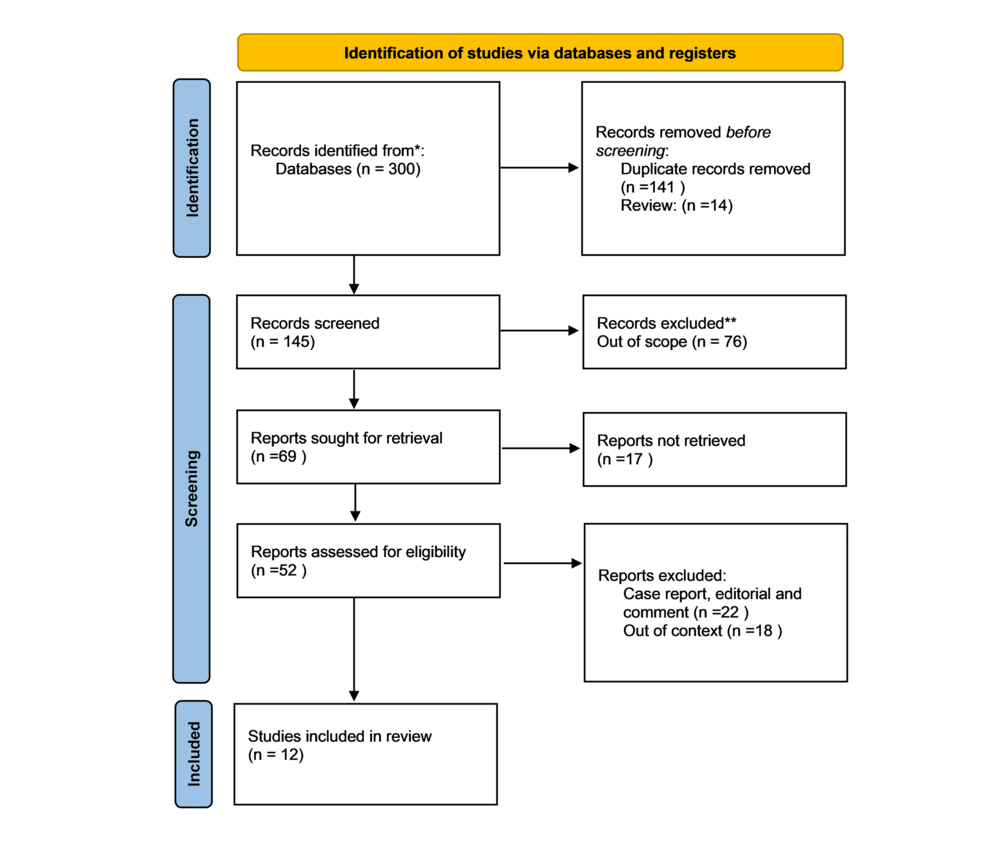Artificial Intelligence (AI) is creating a paradigm shift in medical science. Today, AI tools are transforming how doctors diagnose diseases, make clinical decisions, and accelerate medical research. Advanced technologies like machine learning (ML) and deep learning algorithms analyze massive data sets much faster and more accurately than ever before. This means healthcare professionals can pinpoint diseases in their early stages, recommend customized treatments, and predict patient outcomes with impressive precision.

AI in Diagnostics and Clinical Decision Making
AI algorithms now scan medical images, lab results, and patient data to detect anomalies that even experienced physicians might miss. Early cancer detection, heart disease prediction, and rare disease identification have all seen major improvements due to AI. In clinical decision-making, AI-driven tools help doctors choose the best treatment plans by comparing global data and previous patient outcomes. This aids in reducing human error and ensures evidence-based care.
Accelerating Medical Research
AI also streamlines medical research by analyzing complex datasets, identifying new drug candidates, and even predicting outbreaks. Healthcare management benefits as well, with AI optimizing hospital workflows, resource allocation, and patient monitoring. As AI technology continues to evolve, its role in medicine will only grow, offering hope for faster, more accurate, and personalized healthcare.
Sources:
Source